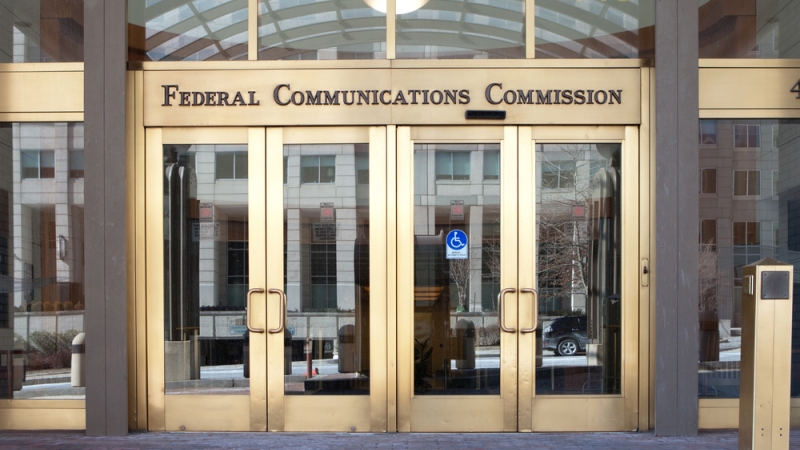
The Federal Communications Commission said this week it is seeking public comment through Sept. 10 on its annual report to determine whether “advanced telecommunications capability”–typically referred to as broadband service–is being deployed “to all Americans in a reasonable and timely fashion.”
The FCC’s call for comment kicked off the latest chapter in what has become an increasingly controversial exercise to define broadband service, and by extension to determine the extent to which the Federal government needs to take action to stimulate broadband deployment.
The FCC’s notice of inquiry issued this week for its fourteenth annual broadband deployment report notes that the Commission–which now has a Republican majority–in February 2018 found that broadband was being deployed to all Americans on a reasonable and timely basis, which reversed a 2016 finding–when Democrats controlled the FCC–that broadband service was not being deployed on a reasonable and timely basis.
The upcoming 2019 report on the state of broadband deployment proposes to use the same service speed measure–25 Mbps upload/3 Mbps download–for fixed broadband services that was used in the 2018 report, and that is drawing concern from Democratic Commissioner Jessica Rosenworcel who says the speed measure is too outdated to measure broadband service that allows Americans “full participation in the digital age.”
“This inquiry fundamentally errs by proposing to keep our national broadband standard at 25 Megabits per second,” Rosenworcel said. “I believe this goal is insufficiently audacious. It is time to be bold and move the national broadband standard from 25 Megabits to 100 Megabits per second.
“When you factor in price, at this speed the United States is not even close to leading the world. That is not where we should be, and if in the future we want to change this we need both a more powerful goal and a plan to reach it. Our failure to commit to that course here is disappointing,” she said.
Rosenworcel criticized the report issued in early 2018, which she said found reasonable and timely broadband deployment despite the inability of 24 million Americans to get access to high-speed fixed broadband service, and said she fears that this week’s notice of inquiry “sets the stage for an unfortunate repeat” of the most recent report.
In addition to looking at fixed broadband service, the FCC report will also examine the availability of mobile LTE services at several service speed tiers, and both fixed and wireless services.
The FCC is also seeking comment on whether it should report on any additional service speed tiers. The Commission reiterated that closing the digital divide requires removing regulatory barriers to investment, and said it is also seeking comment on actions it has taken to remove impediments to investment in several areas including pole attachments, copper network retirement, and wireless infrastructure siting rules.
